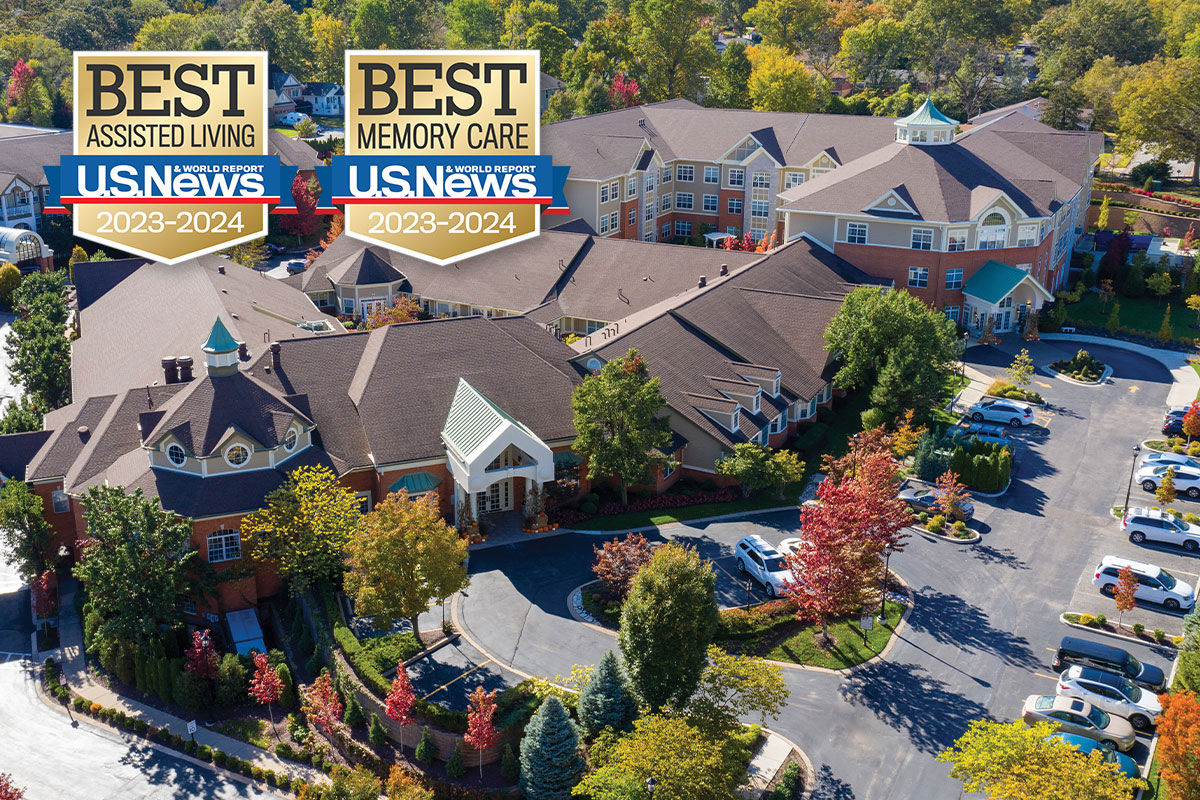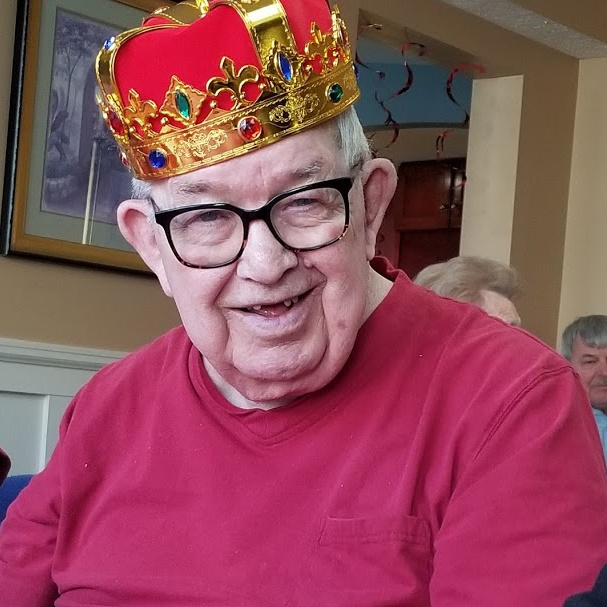Individualized Charlotte Memory Care: Comprehensive Memory Assistance Solutions
Individualized Charlotte Memory Care: Comprehensive Memory Assistance Solutions
Blog Article
What to Expect in Memory Treatment: A Detailed Guide to In-Home Services
Navigating the landscape of memory look after an enjoyed one can be a facility and psychologically billed experience. As family members pertain to terms with the obstacles of looking after a person with memory loss, the world of at home solutions offers a lifeline of support and specialized treatment. Comprehending what to anticipate in memory care is essential for making sure the health of both the individual with memory disability and their caregivers. From tailored everyday tasks to security methods and caregiver resources, this guide intends to clarify the detailed spectrum of services readily available to those starting the journey of at home memory care.
Daily Regimens and tasks
Participating in structured day-to-day tasks and regimens is a fundamental component of providing quality take care of individuals in memory treatment facilities. These activities are carefully designed to cater to the specific requirements of residents with cognitive problems, such as Alzheimer's illness or dementia. Daily regimens play a vital role in maintaining a sense of familiarity, safety, and objective for people in memory care.

Additionally, everyday regimens help individuals in memory treatment centers to really feel more focused and much less nervous. Consistency in tasks and timetables can minimize confusion and agitation, offering a sense of stability and convenience. Caretakers and personnel play a crucial function in promoting these tasks, guaranteeing that each resident gets individualized and caring treatment tailored to their distinct choices and capabilities.
Specialized Treatment Services
Within memory care centers, specialized care services are important to resolve the distinct needs and challenges dealt with by individuals with cognitive disabilities such as Alzheimer's condition or mental deterioration. These services are designed to offer customized support that accommodates the certain demands of locals dealing with amnesia. Specialized treatment services in memory treatment facilities frequently include personalized care plans, help with tasks of everyday living, drug monitoring, and behavior modifications targeted at enhancing top quality of life and decreasing distress.
In addition, memory care facilities usually offer structured programs and tasks specifically developed to boost cognitive function and advertise social engagement amongst residents. These tasks may consist of memory-enhancing exercises, sensory stimulation treatments, and memory therapy sessions. Additionally, specialized treatment services frequently entail normal surveillance of residents' health and wellness by experienced personnel who are outfitted to handle the special obstacles linked with cognitive decrease.
Precaution and Setting
Executing stringent safety actions and developing a secure setting are extremely important top priorities in memory treatment facilities to guarantee the well-being and protection of residents with cognitive impairments. Security in memory treatment starts with protected structure design, consisting of secured doors and kept an eye on access to stop locals from straying outdoors not being watched. In addition, centers often have alarm and surveillance video cameras to check residents and respond promptly to any emergency situations. Inside, the atmosphere is meticulously planned to decrease risks, with handrails, grab bars, and non-slip flooring to stop drops. Furniture is organized to help with easy navigation, and potentially harmful items are locked away or gotten rid of. Employee receive specialized training in dealing with emergencies, de-escalating challenging actions, and ensuring the security of homeowners in any way times. Routine safety assessments are performed to identify and address any kind of possible threats immediately. By focusing on precaution and preserving a protected atmosphere, memory treatment centers goal to give a safety and comforting setup for people with cognitive problems.
Interaction and Involvement Techniques
With a concentrate on promoting meaningful communications and boosting lifestyle, reliable communication techniques play a critical role in supporting individuals in memory care centers. Interaction in memory care involves understanding the distinct demands of locals who might have cognitive impairments like dementia. Straightforward language, clear guidelines, and non-verbal hints such as gestures and faces are essential devices for effective interaction. Caregivers need to approach homeowners with regard, persistence, and empathy, creating a helpful setting where people feel comprehended and valued.
Engagement techniques are additionally important in memory care, aiding residents remain energetic, boosted, and linked to their surroundings. Activities like music therapy, art courses, memory sessions, and sensory excitement can spark memories, boost mood, and advertise socializing. Customizing activities to each see person's abilities and rate of interests is crucial to cultivating engagement and a sense of achievement. Additionally, incorporating acquainted items, pictures, and songs from the individual's past can offer comfort and boost positive memories. By prioritizing tailored interaction and involvement techniques, memory treatment facilities can enhance the general wellness and quality of life for their citizens.
Caretaker Support and Resources
Offered the important function caretakers play in applying reliable interaction and engagement methods for residents why not try this out in memory care facilities, supplying ample support and resources is necessary to ensure the wellness of both the caretakers and the people under their care. Caretakers in memory care settings often deal with distinct challenges that can impact their physical and psychological wellness. To attend to these obstacles, various support group and resources are available to help caregivers in providing the most effective feasible care.
One necessary kind of assistance is caretaker education and learning and training programs. These programs outfit caregivers with the essential skills and expertise to properly manage the signs and actions related to amnesia. Additionally, support system offer caretakers the possibility to get in touch with others who are experiencing similar difficulties, providing a feeling of neighborhood and understanding.

Conclusion

Engaging in organized day-to-day activities and routines is an essential part of providing high quality treatment for people in memory care facilities.Within memory care centers, specialized treatment solutions are important to attend to the special demands and challenges dealt with by individuals with cognitive impairments such as Alzheimer's illness or dementia. Specialized care services in memory care centers often include individualized care plans, assistance with activities of day-to-day living, medication administration, and behavior therapies intended at boosting quality of life and lessening distress.
Provided the vital role caretakers play in carrying out reliable interaction and involvement strategies for residents in memory care centers, providing adequate support and sources is essential to guarantee the well-being of both the caregivers and the individuals under their treatment. Daily tasks, specialized find out here care services, safety and security actions, interaction approaches, and caretaker support are essential components of in-home memory care.
Report this page